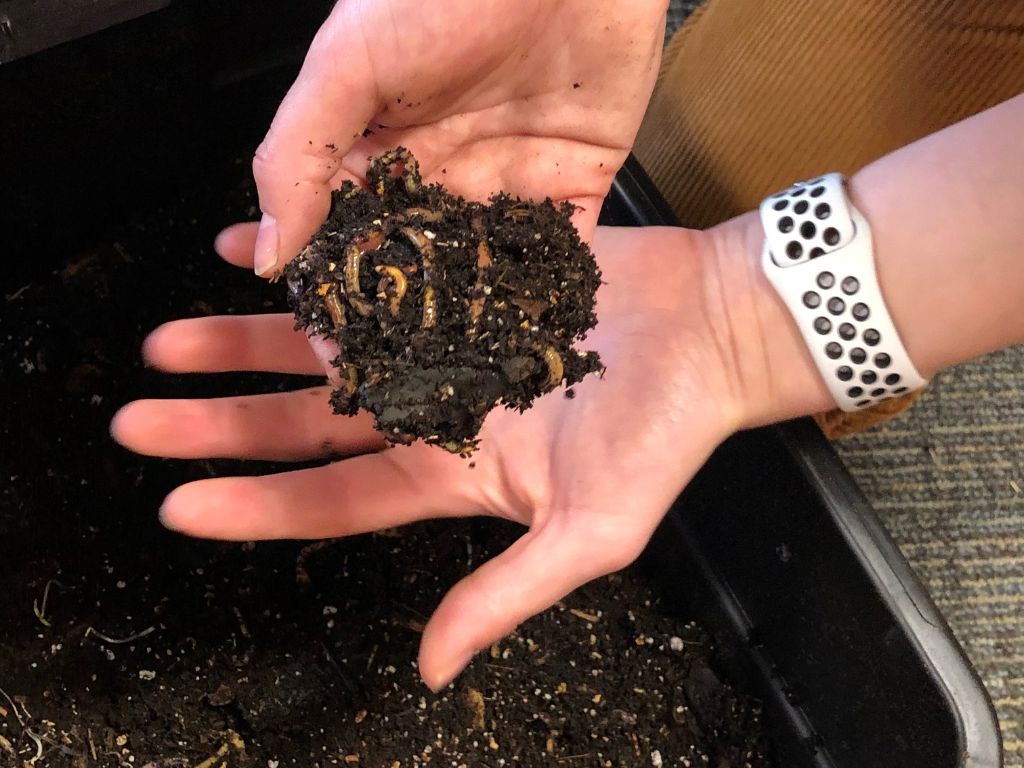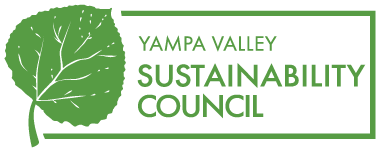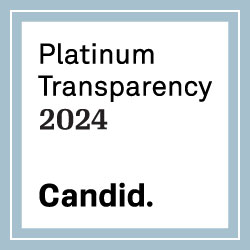JULY 9, 2018 BY
Article adapted from Steamboat Pilot & Today
You may have heard that China is tired of being the world’s dumping ground for plastics and other recyclables.
Since 1992, 45 percent of the world’s recovered plastics have been exported to China for processing. But, as part of a broad antipollution campaign, China announced last summer they are no longer taking our garbage.
Despite this shake-up, most recyclable material markets, especially for aluminum cans, steel/tin cans, glass, paper and number 1, 2, 4 and 5 plastic bottles/tubs, are intact and viable, so keep recycling.
Learning the ins and outs of your recycling bin can prevent contamination of the recycling waste stream and ensure your materials are being recycled. Consumer enthusiasm for recycling tends to be high, yet many consumers don’t know what items can actually be recycled. This is called “wish-cycling” or “aspirational recycling.”
Contact your waste hauler or look on their website for detailed information on exactly what can go in the recycle bin. YVSC also offers an A-Z Recycling Guide for Routt County at yvsc.org/a-zrecycleguide.
China’s ban on imports does have the U.S. recycling industry scrambling, and markets for number 3, 6 and 7 plastics (take-out cups and clamshell deli boxes) are volatile. But the end result will be good for domestic recycling — and our environment.
At the national level, new markets are developing, sales of recyclable materials are increasing and contamination rates of recycling are decreasing. At the state level, groups like the Colorado Association for Recycling are facilitating conversations to clean up curbside recycling, develop new regional markets for materials and encourage innovative end uses for hard-to-recycle materials.
In Routt County, Yampa Valley Sustainability Council’s new Materials Management Working Group is focused on developing a strategic plan for waste diversion locally. If you are interested in getting involved or want information about the group’s progress, contact cameron@yvsc.org.
YVSC is also helping our community to reduce waste before it is created, encouraging people to shop at reuse businesses, reduce the amount of food they throw away, buy less packaged food or refuse single-use plastics. Reducing your plastic consumption, in particular, reduces carbon emissions, creates a cleaner world for wildlife and humans and saves money. You can make your July plastic-free by signing up for the worldwide Plastic Free July Challenge at plasticfreejuly.org.
If you’re ready to go beyond plastics to reduce your personal carbon footprint, take YVSC’s climate action pledge yvsc.org/climateactionpledge. More than 800 Yampa Valley residents of all ages have committed to two or more simple actions to curb their carbon emissions and fight climate change locally.
With the situation in China, Americans have a huge opportunity to expand local recycling markets, create new jobs and businesses using recycled materials and reduce waste before it is produced. As consumers, we play an important role in the growth of the recycling industry: We can say no to single-use items and push industries to design for recycling and reuse — instead of designing for the dump. And, we can keep recycling.
Cameron Hawkins is the waste diversion director for Yampa Valley Sustainability Council.






